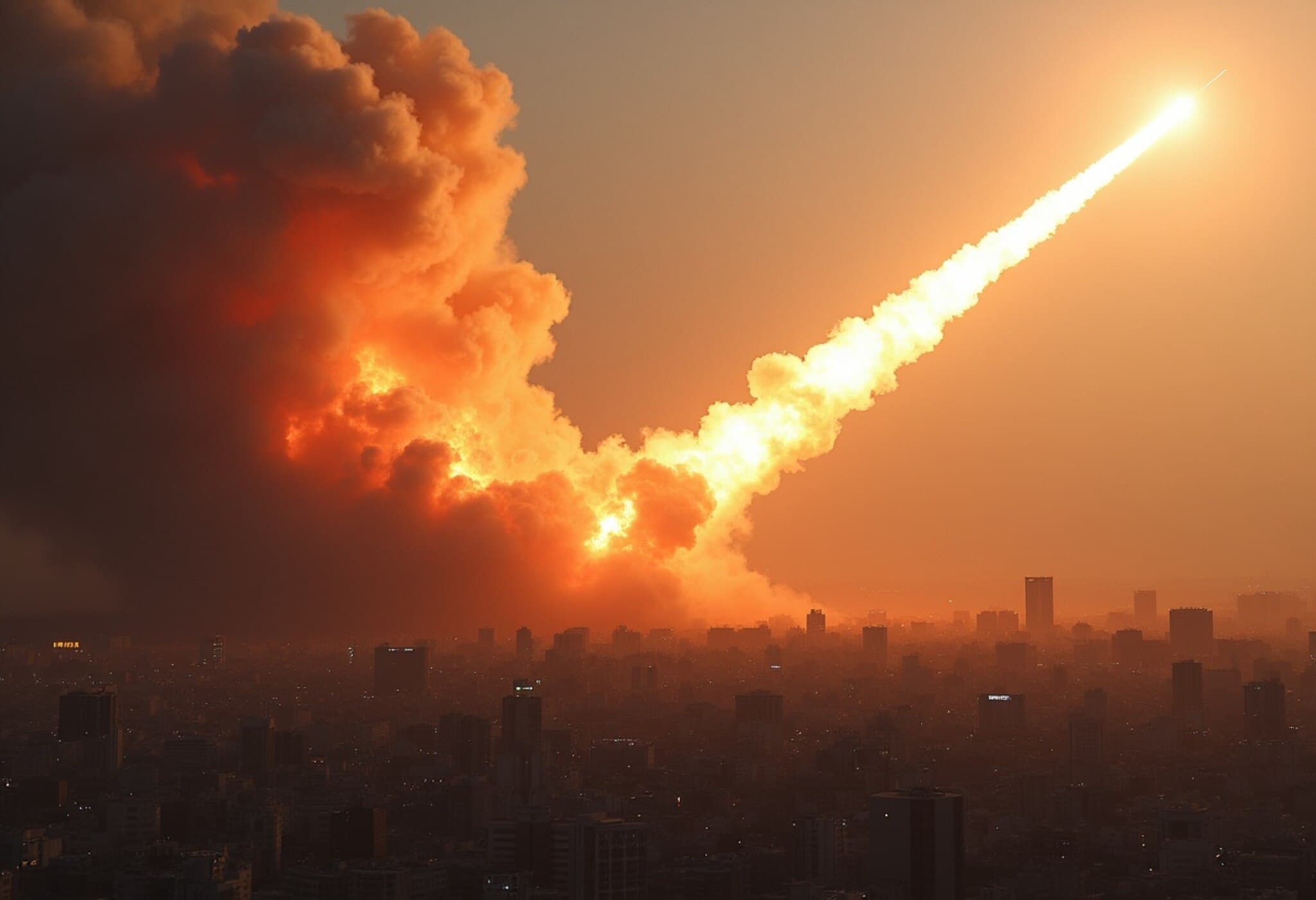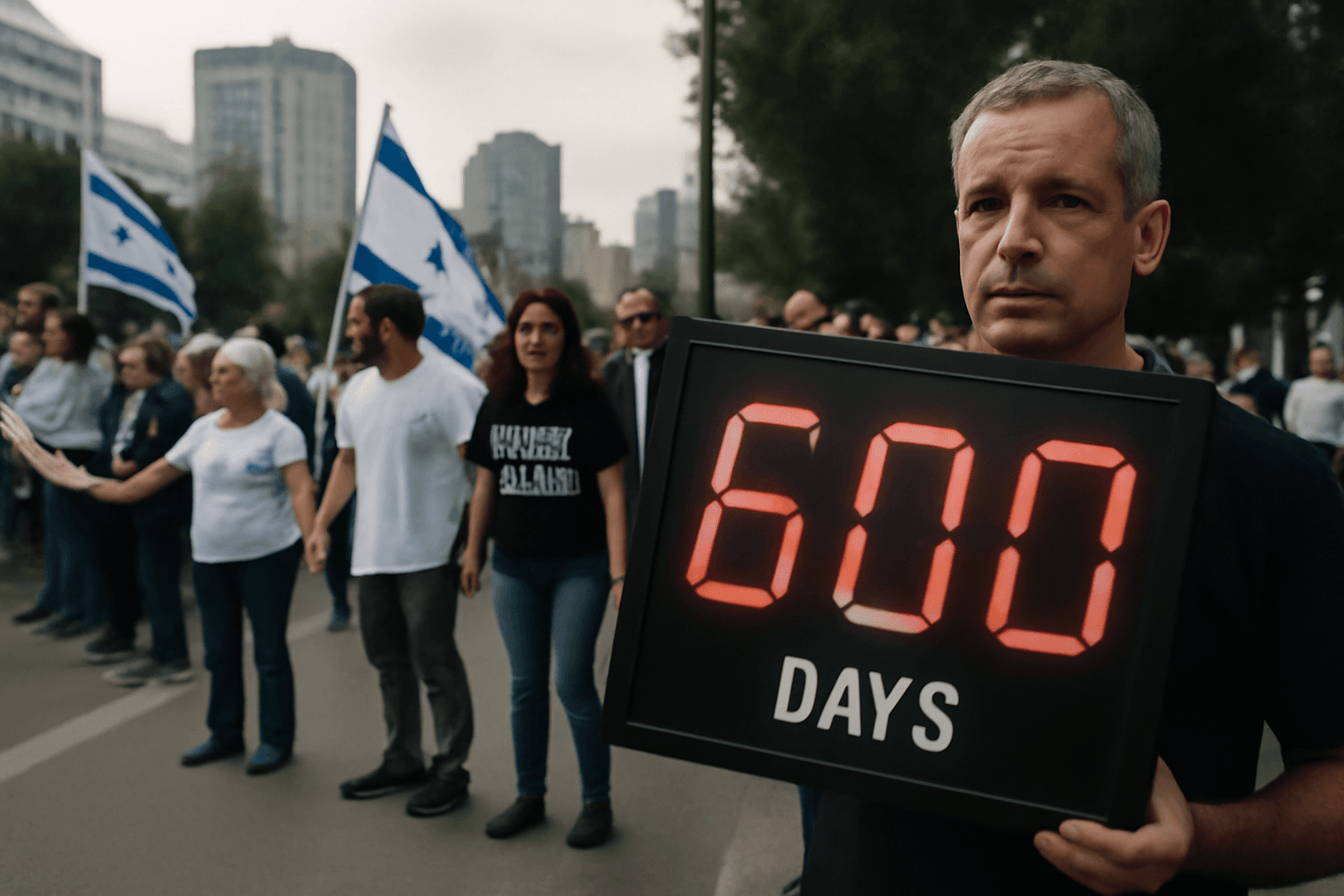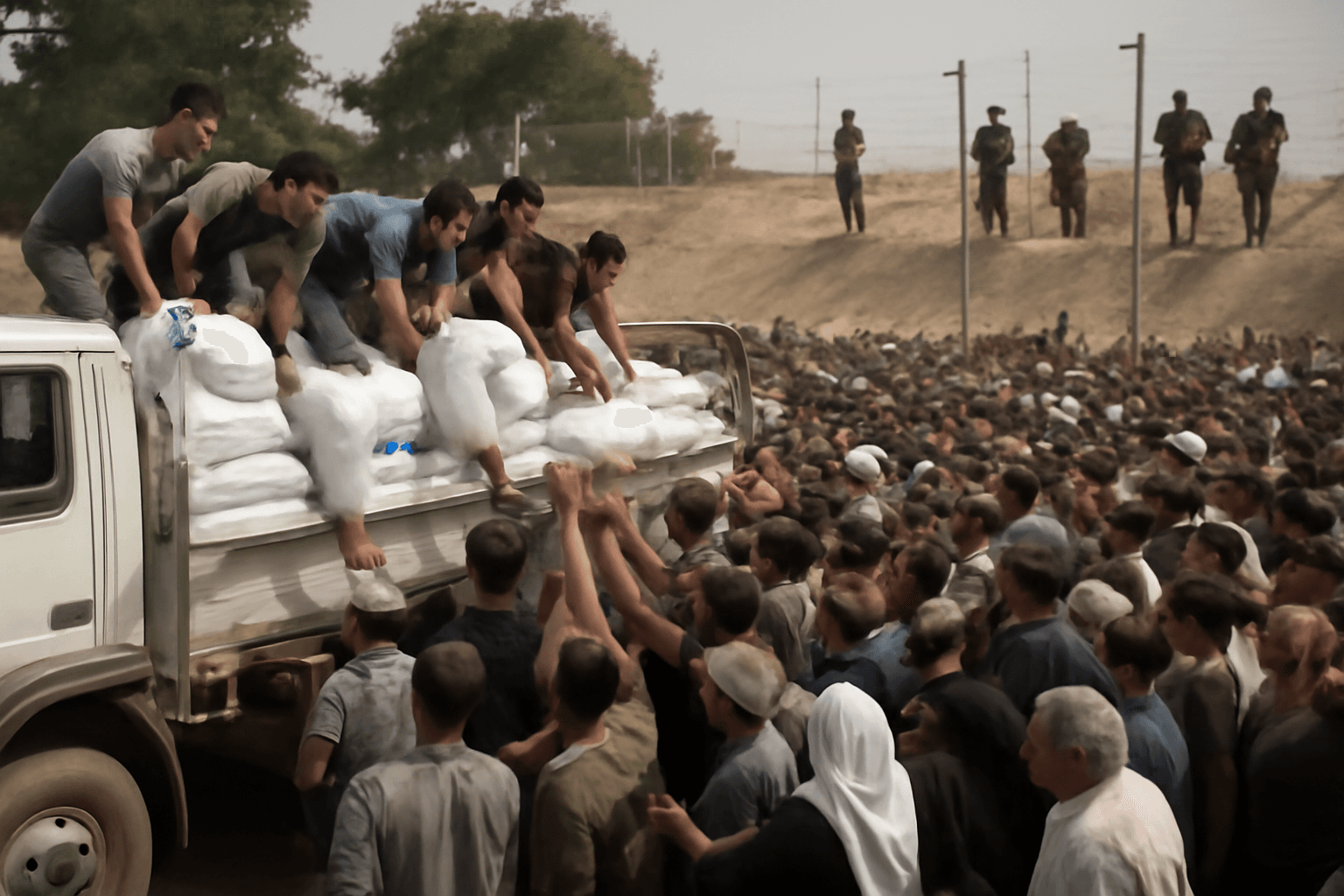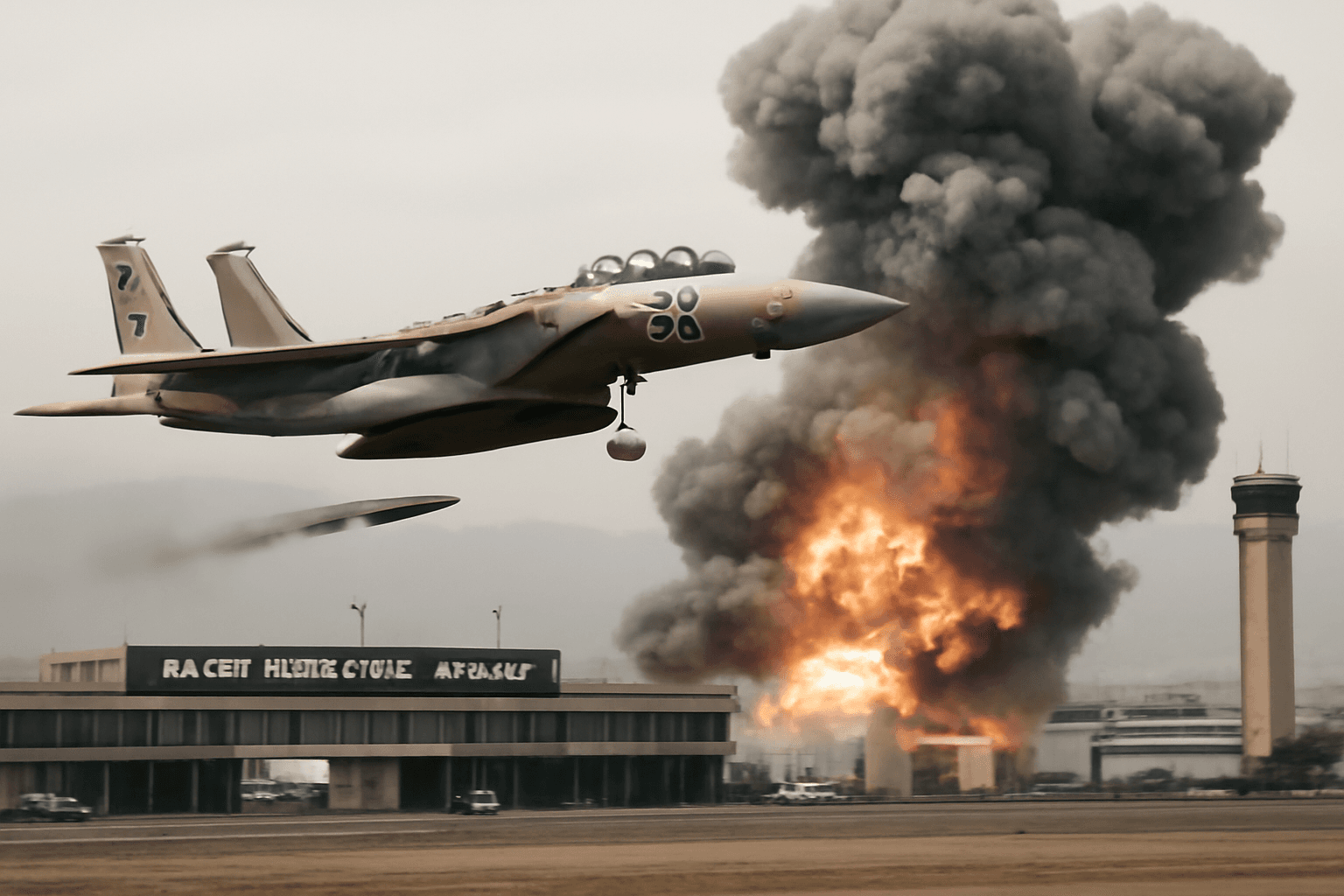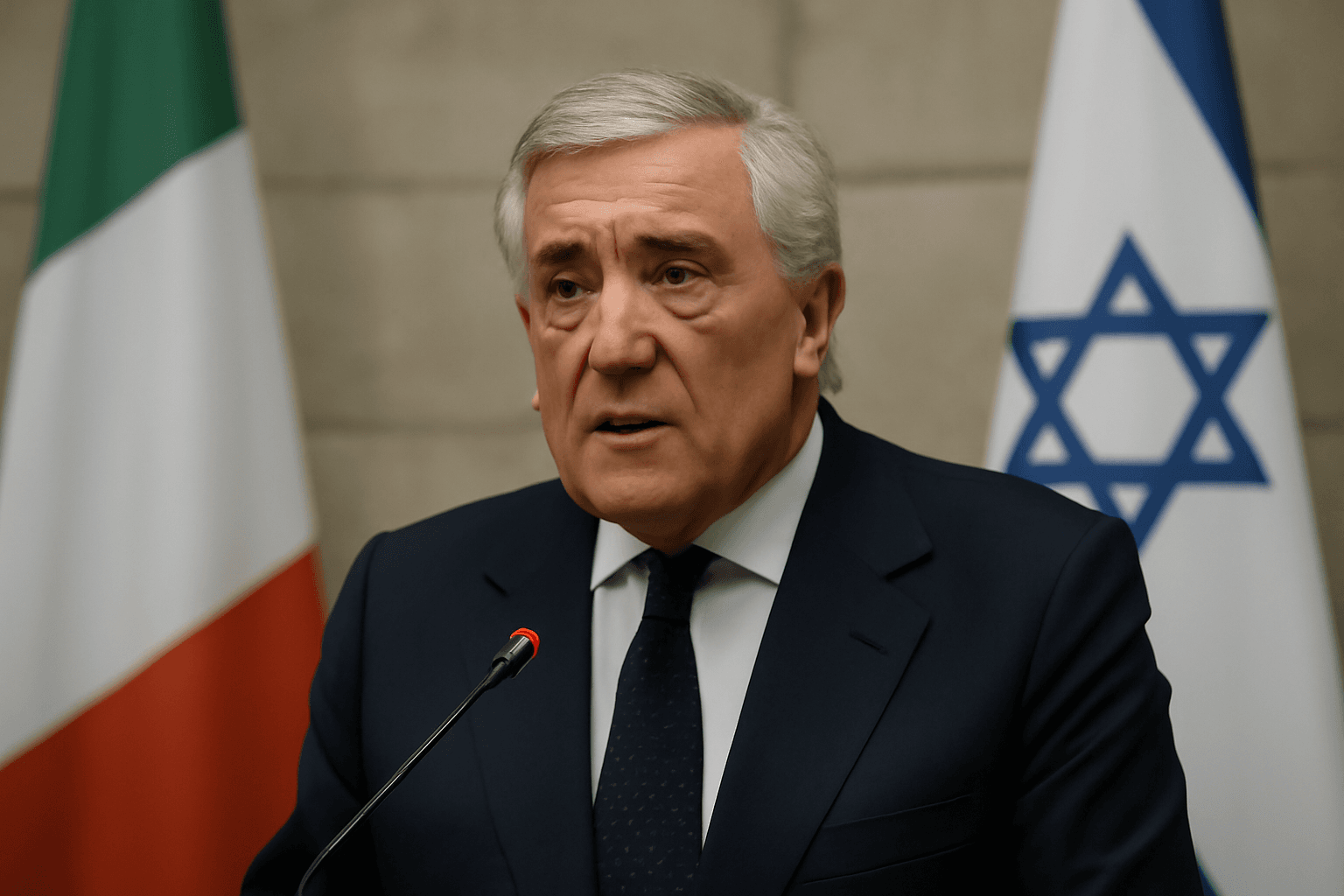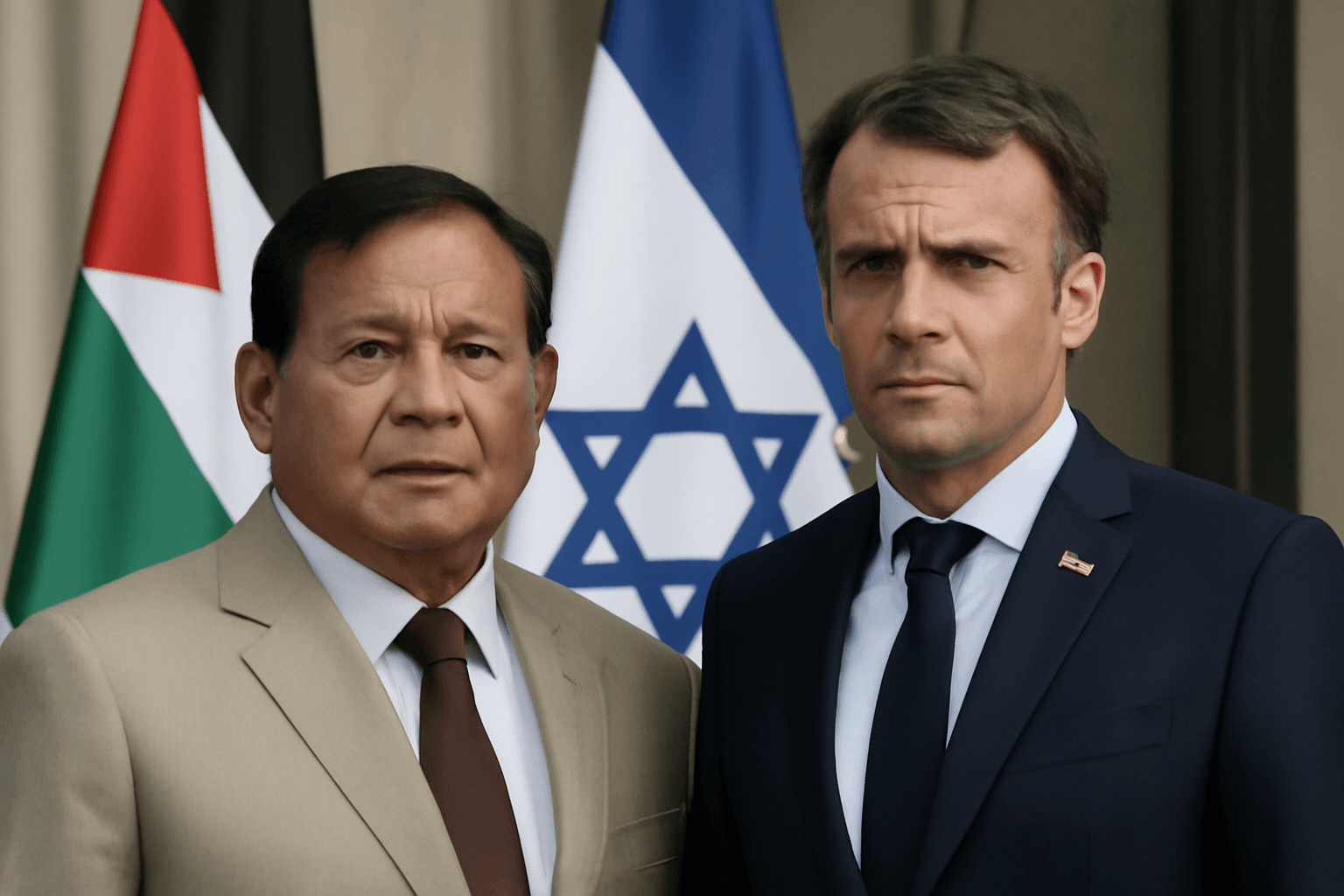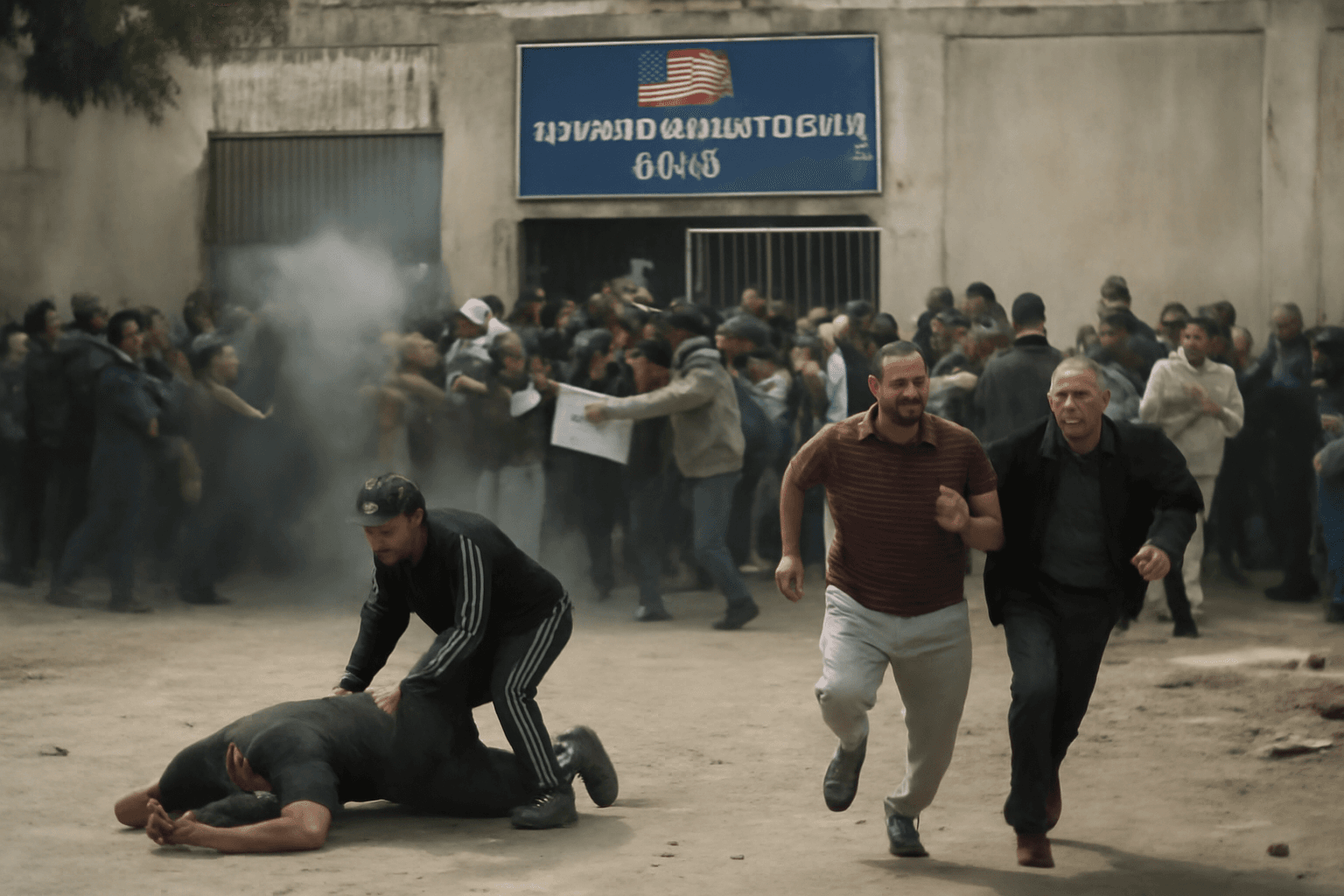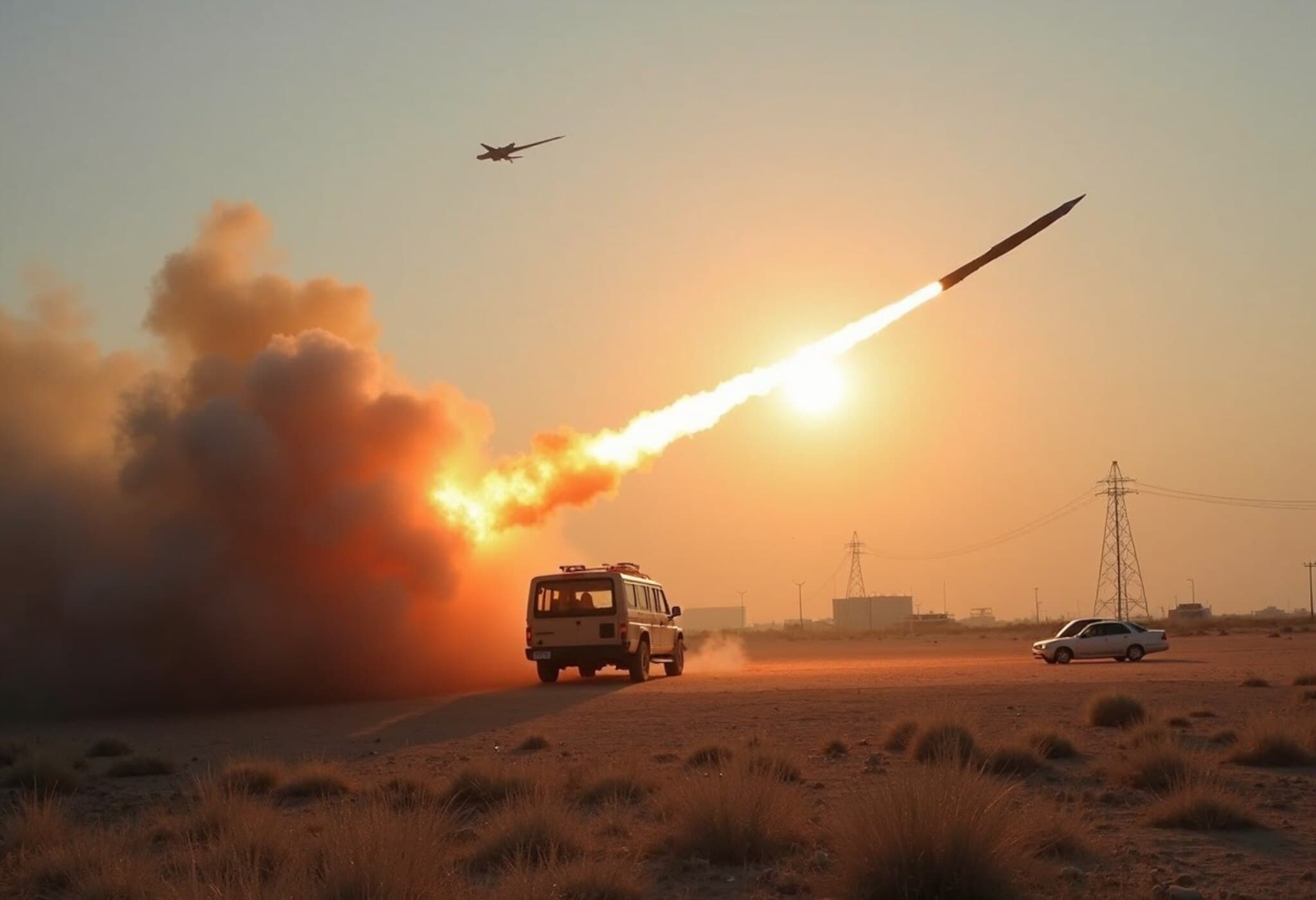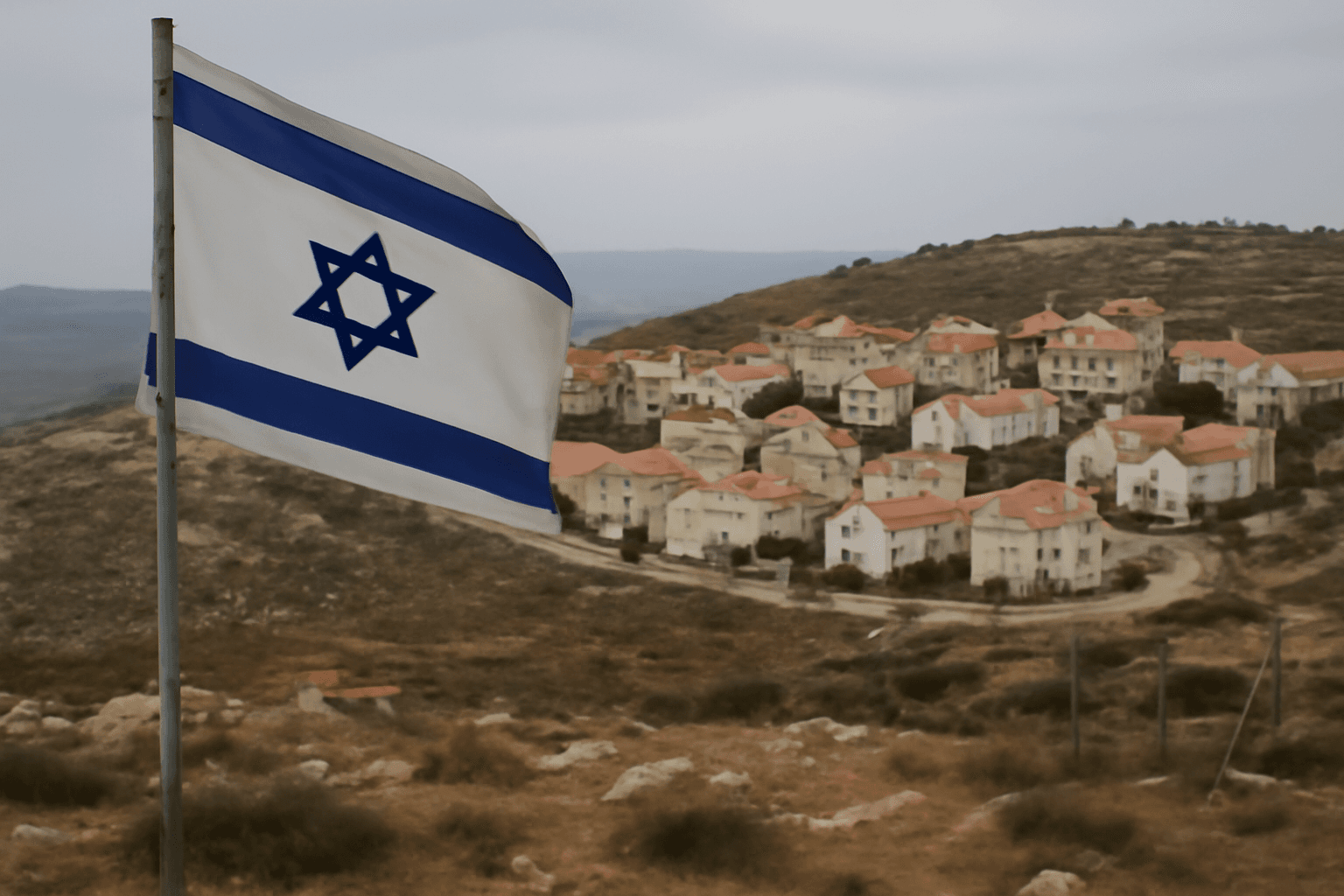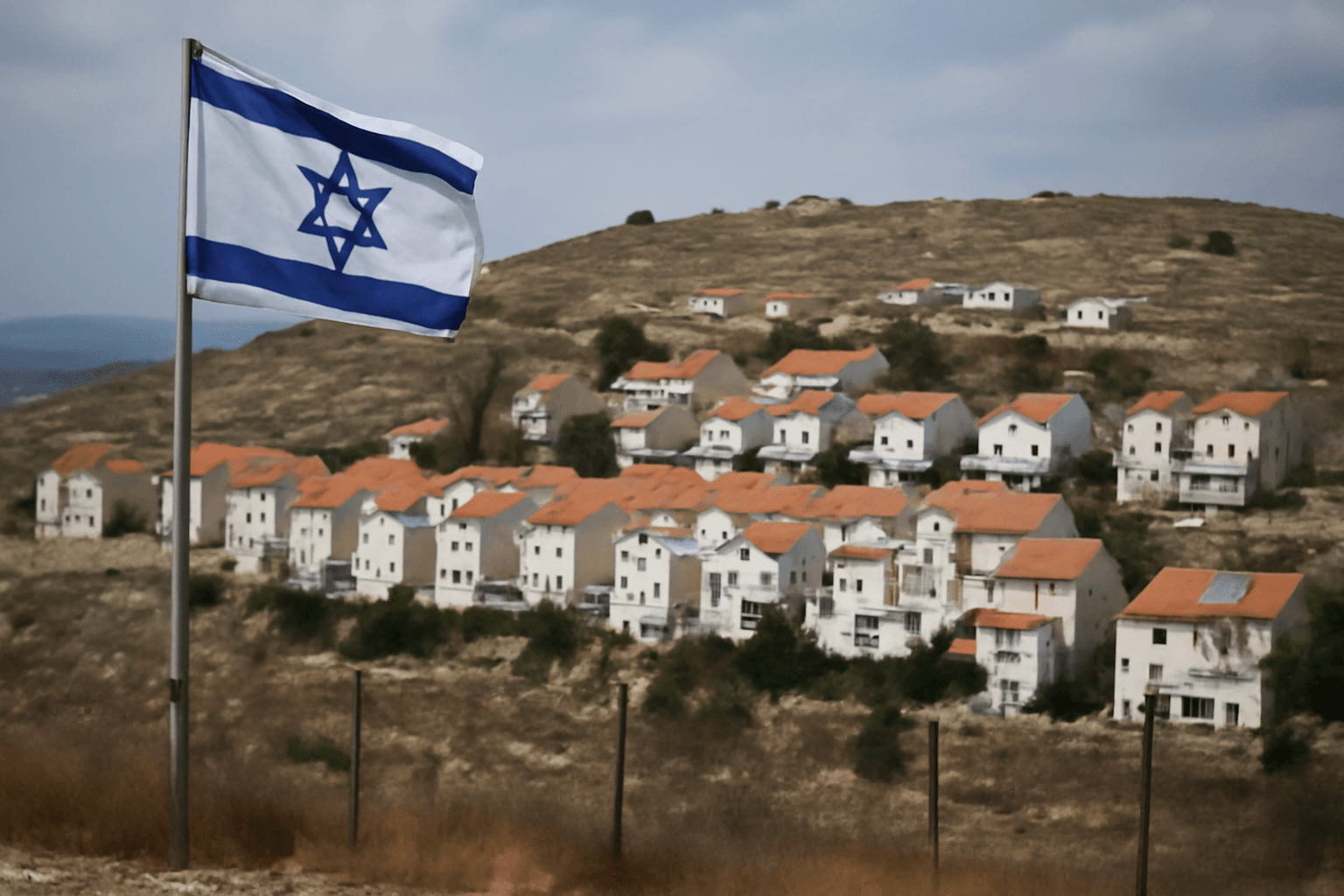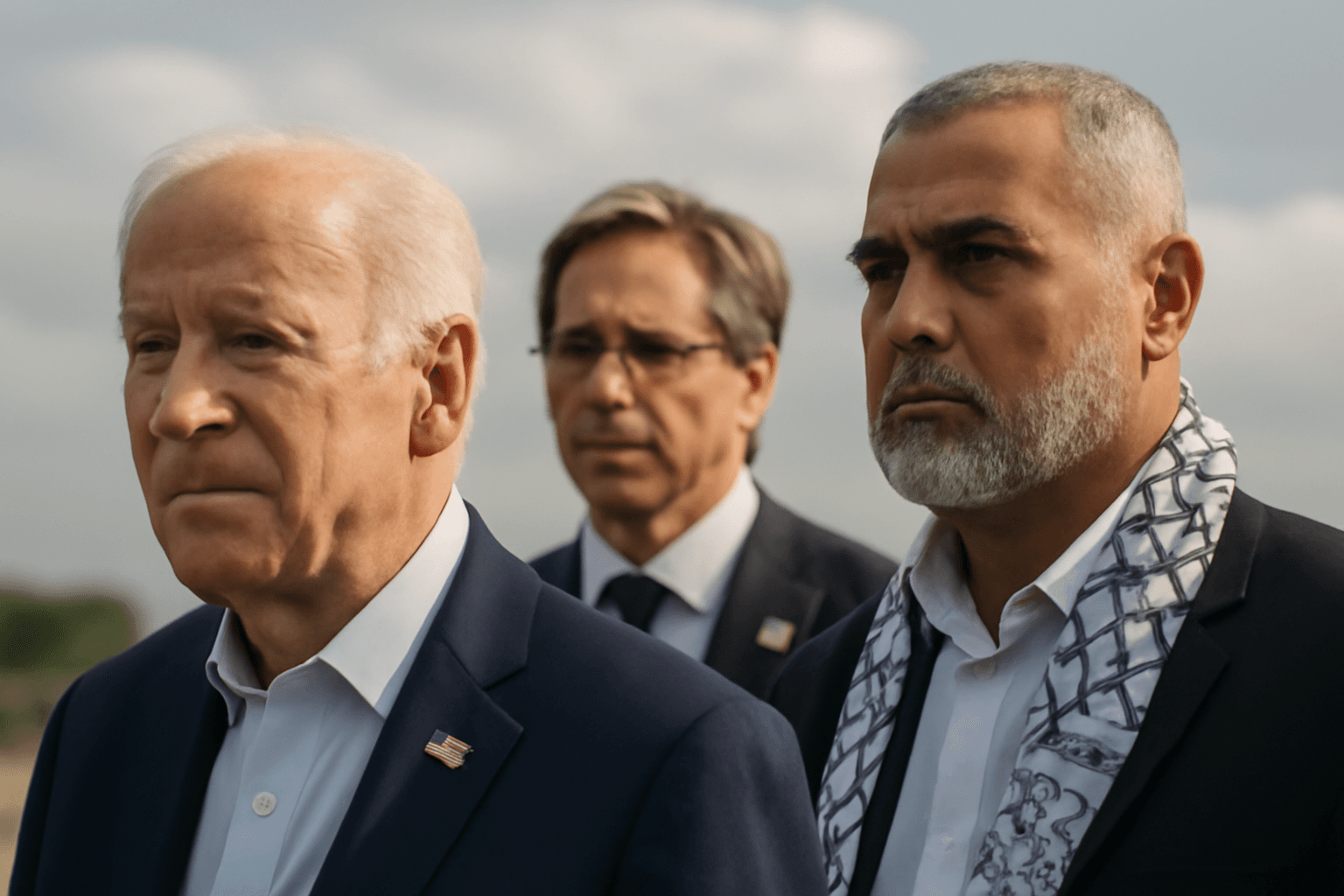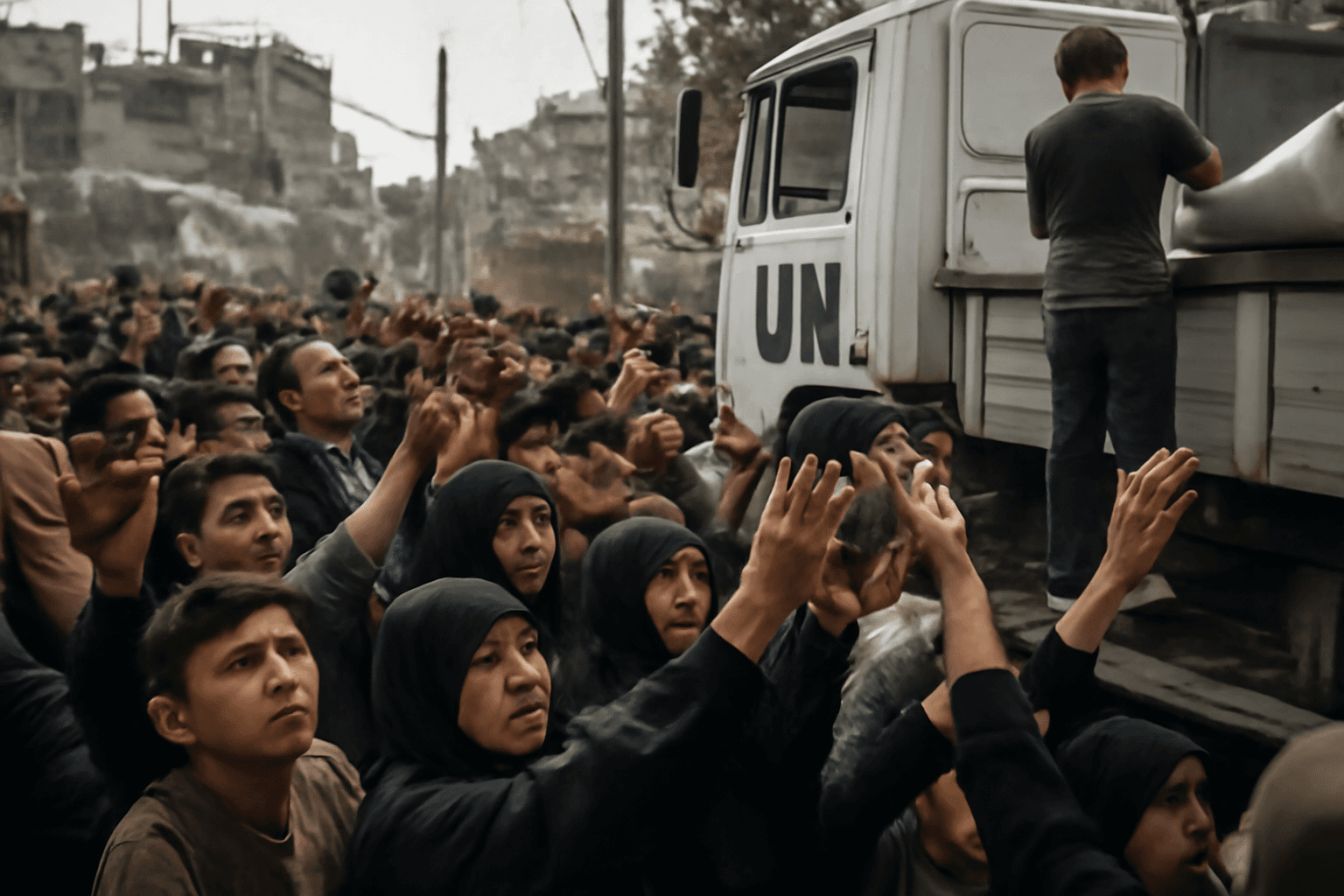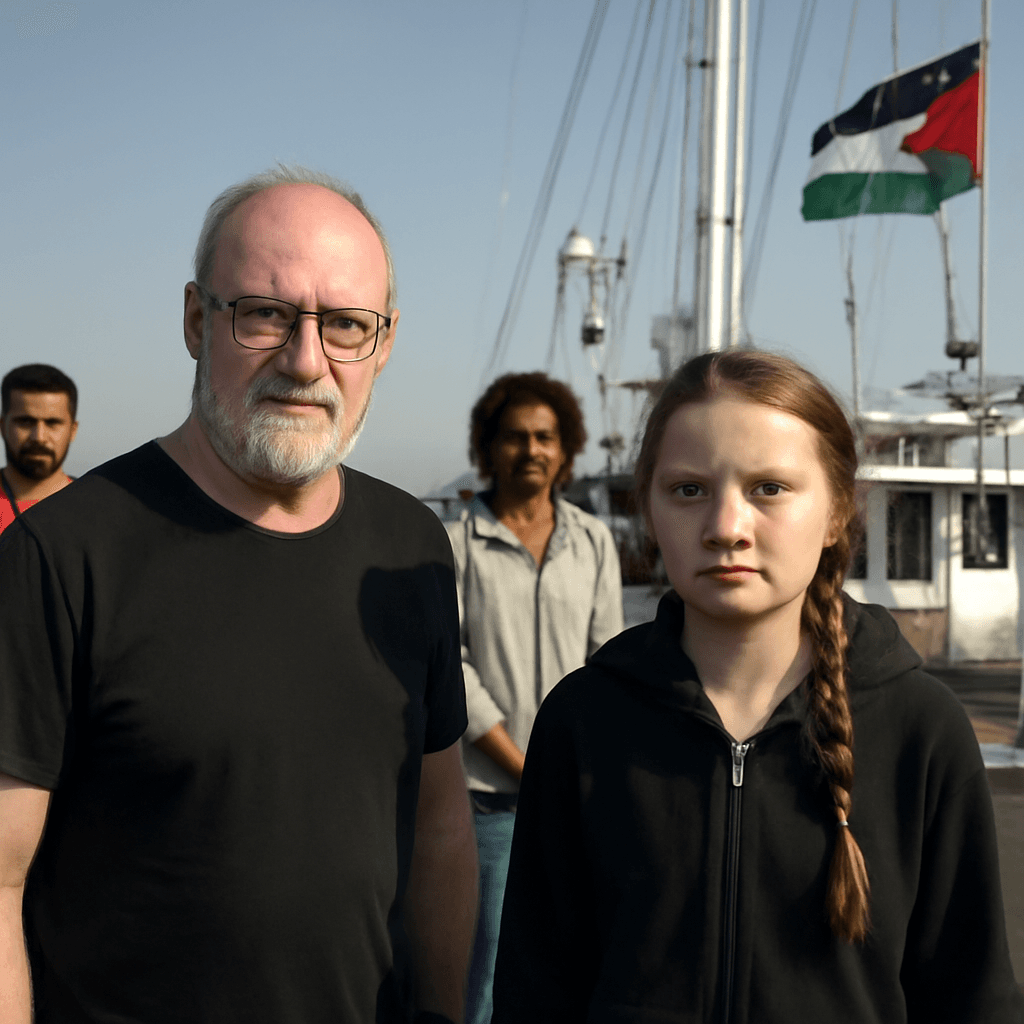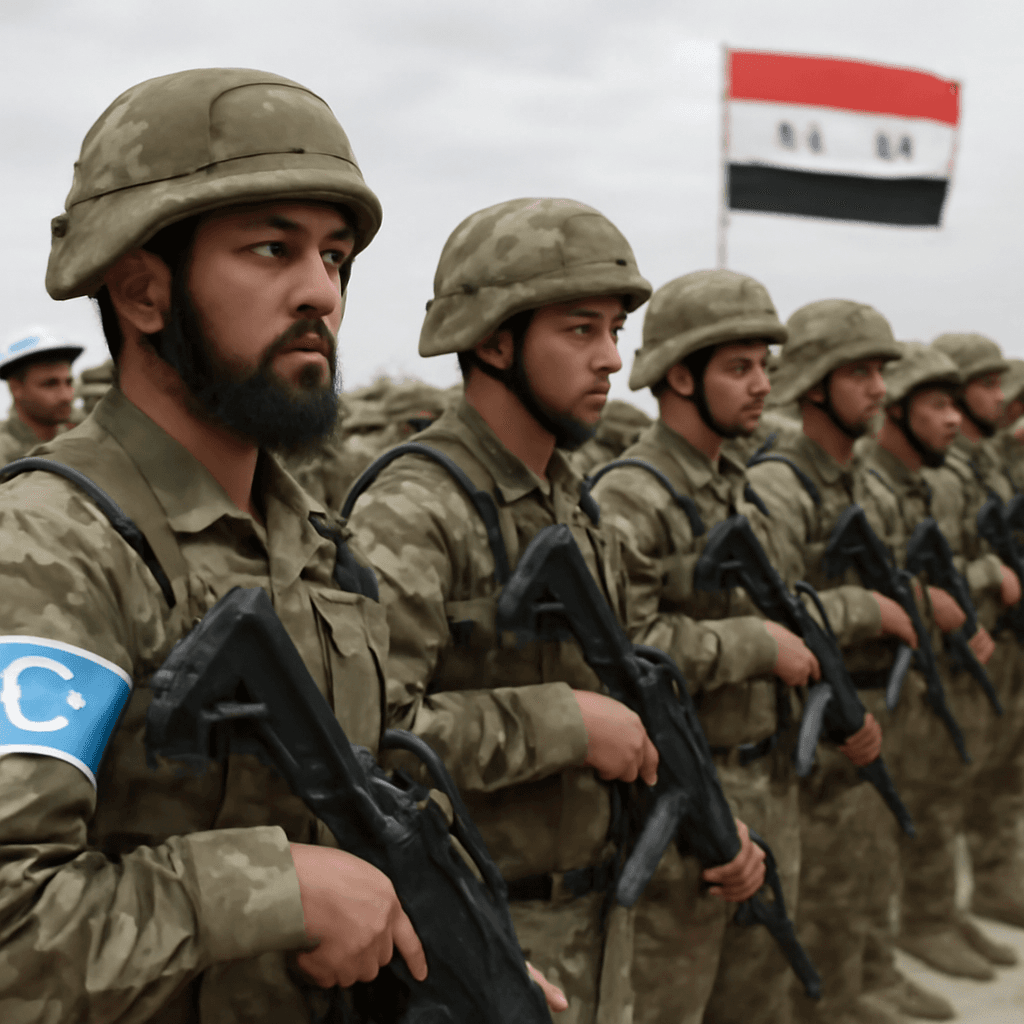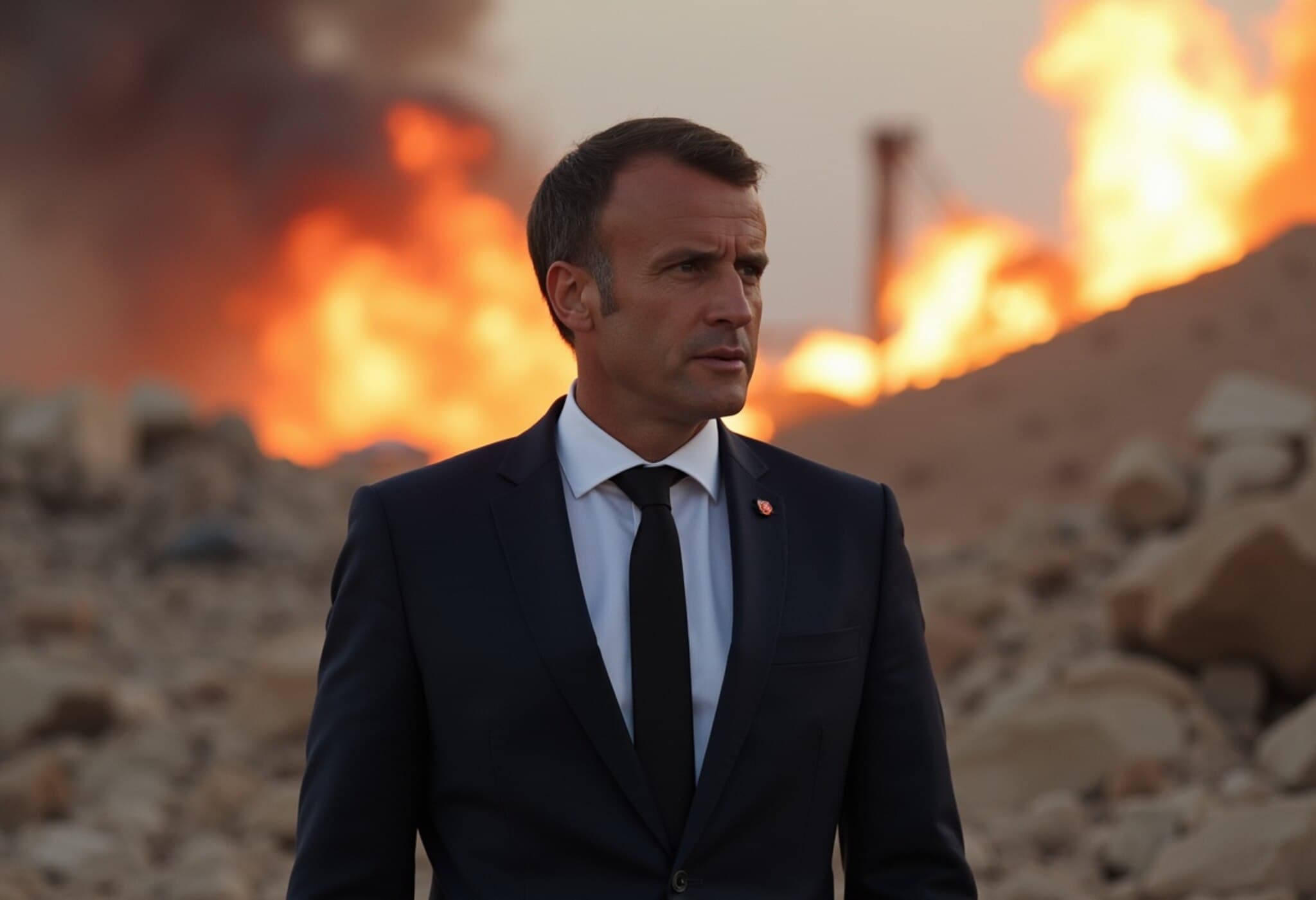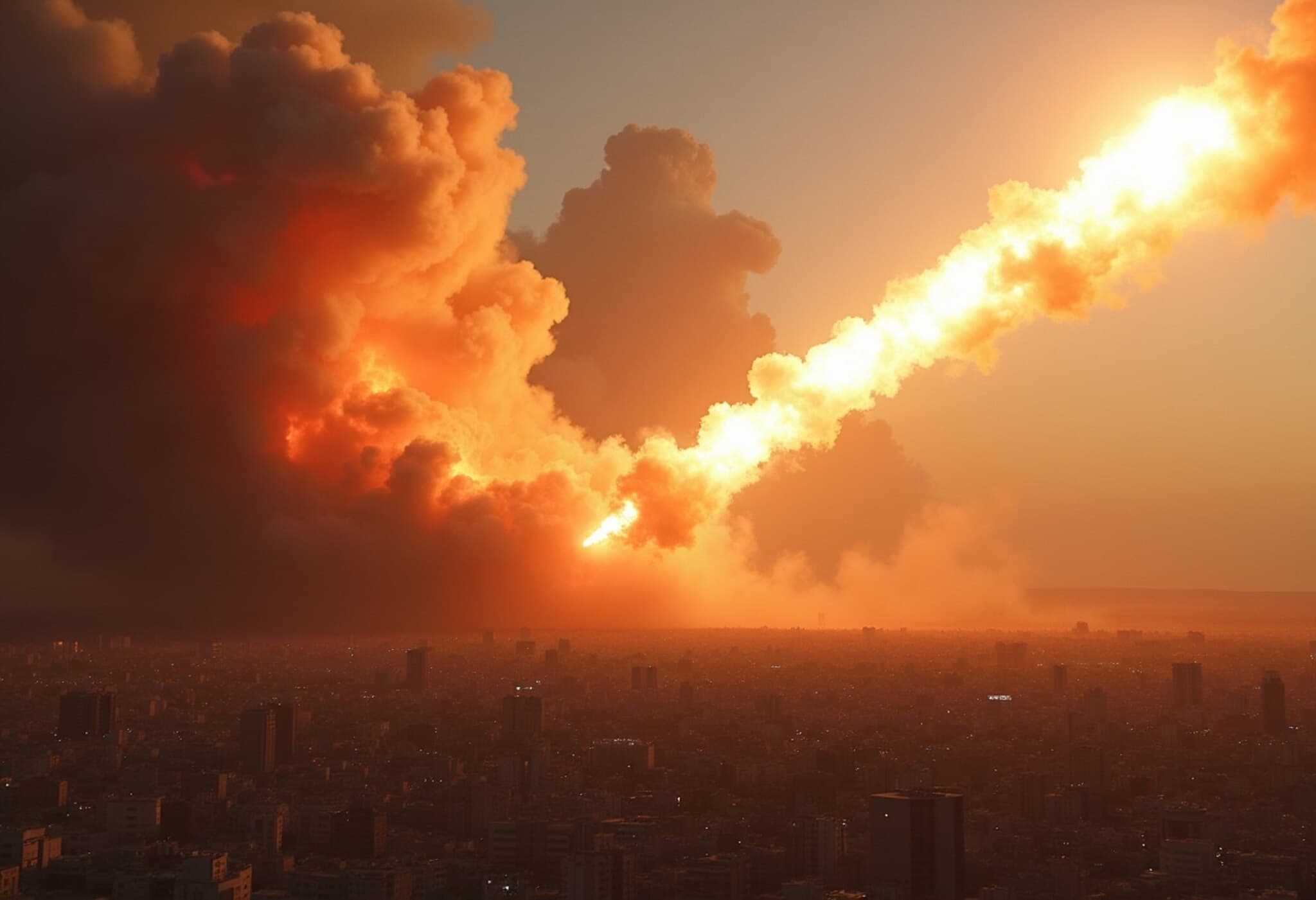Iran Launches Ballistic Missile Attack on Tel Aviv
In a significant escalation of tensions, Iran has launched a large-scale missile attack on Israel’s capital, Tel Aviv, along with other parts of the country. This assault comes as retaliation for Israel's recent Operation Rising Lion, which targeted multiple Iranian nuclear and military installations and resulted in the elimination of key Iranian military leaders.
Tel Aviv Under Fire: Iron Dome's Limits Tested
Early on Friday morning, sirens blared across Tel Aviv, sending residents scrambling for shelter as Iranian ballistic missiles rained down on the city. Despite Israel’s famed Iron Dome and Arrow missile defense systems intercepting many of the incoming projectiles, some missiles managed to penetrate the defenses. One missile struck a high-rise residential building near central Tel Aviv, causing extensive damage: shattered windows, exposed steel reinforcements, and chaos for residents caught in the blast.
Emergency responders rushed to the scene, navigating through debris in the worst-hit areas. At least 15 people were reported injured, with two critically wounded, as multiple impact sites across the city demanded urgent attention.
Escalating Retaliations and Stern Warnings
The missile barrage followed a fiery address from Iran’s Supreme Leader, Ayatollah Ali Khamenei, who vowed harsh retaliation against Israel, declaring, “The armed forces of the Islamic Republic will inflict heavy blows upon this malevolent enemy.” His warning emphasized that recent Israeli actions would have dire consequences, threatening the destruction of the Israeli state.
Additionally, Iran’s newly appointed Revolutionary Guards commander—stepping in after his predecessor was killed during Israel’s recent strikes—echoed this defiance, warning that “the gates of hell” would open unless Israel halts its attacks. These bold statements signal a potential spiral into a broader regional conflict.
Israel's Response: Resolute and Unyielding
Following the missile attacks, Israel’s Defense Minister condemned Tehran’s escalation as crossing "red lines," particularly condemning strikes targeting civilian areas. He affirmed Israel’s commitment to defending its citizens and warned that Iran would pay a severe price for its aggression.
Meanwhile, Israeli Prime Minister emphasized the country's recent military successes, highlighting the elimination of prominent Iranian military commanders, senior nuclear scientists, and critical nuclear and missile facilities. He declared, "More is on the way," underscoring Israel's resolve to continue its campaign against Iran's nuclear ambitions.
Casualties and Damage: A Growing Toll
Iran’s envoy to the United Nations reported significant losses from the Israeli strikes, claiming 78 Iranian fatalities including senior officials, along with over 320 wounded, many of whom are civilians. On the Israeli side, the missile attack inflicted injuries on at least 15 civilians in Tel Aviv, with infrastructure damage evident across the city.
Outlook: A Region on Edge
The confrontation marks one of the most intense escalations between two of the Middle East’s most powerful nations. With both sides claiming victories and promising further action, tensions remain dangerously high, raising fears of an extended conflict with widespread repercussions for the region.

